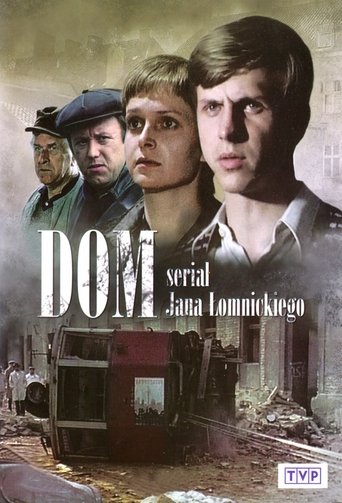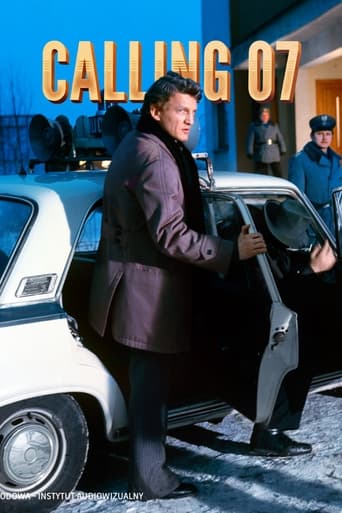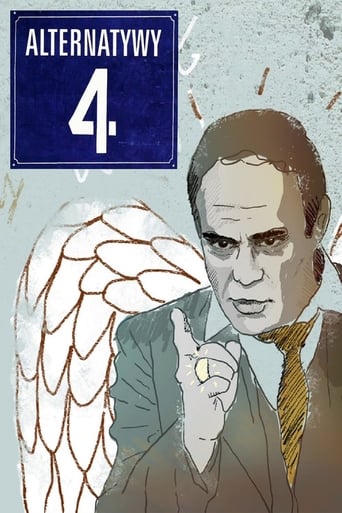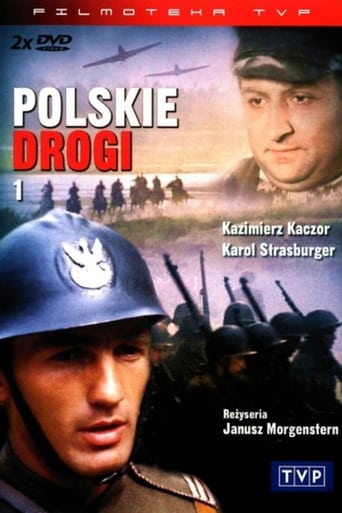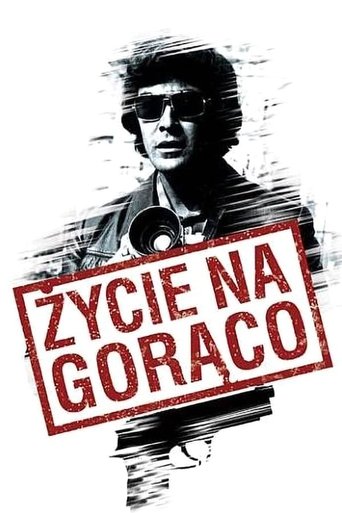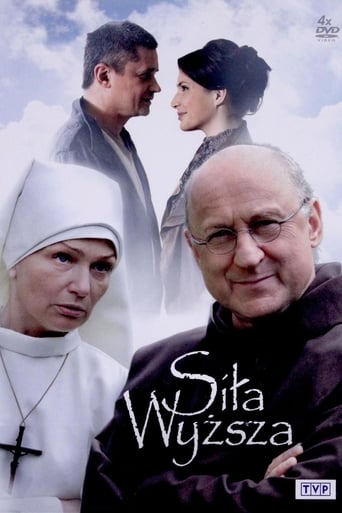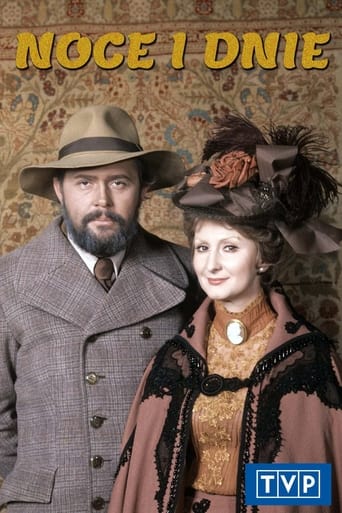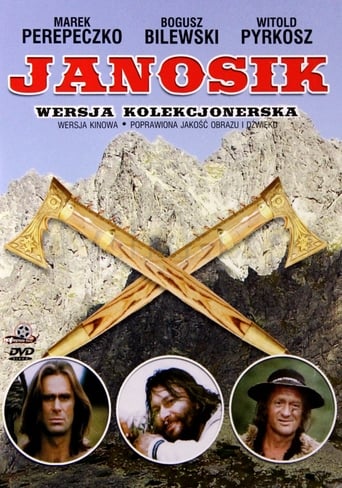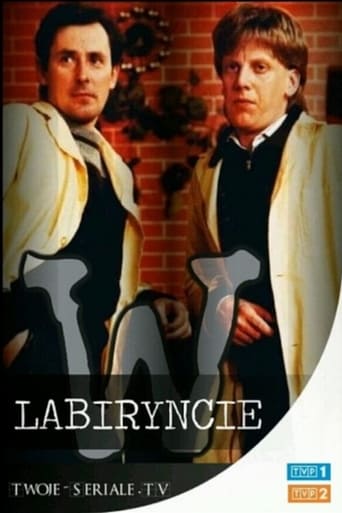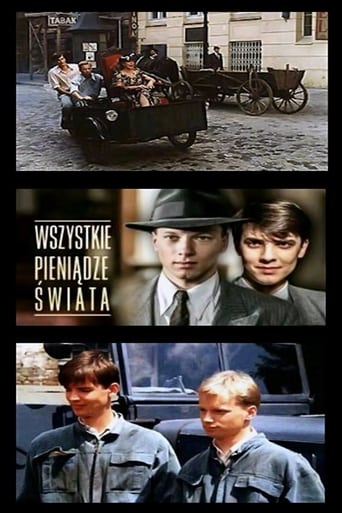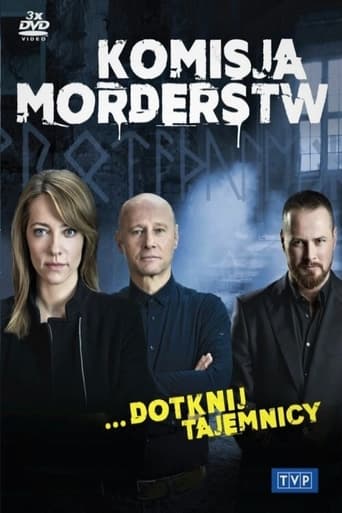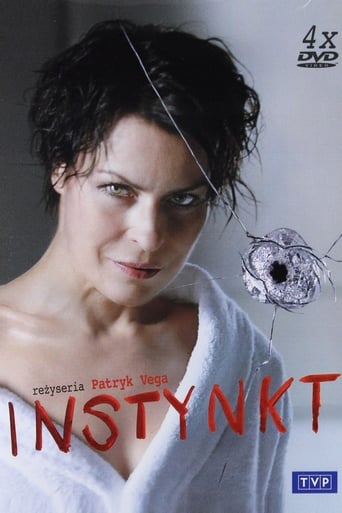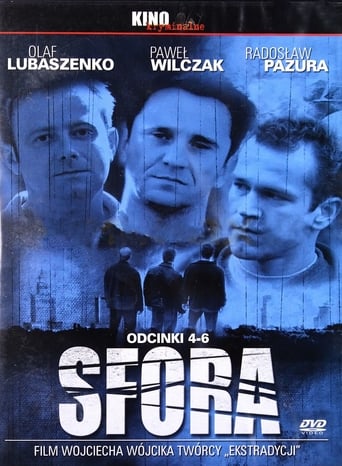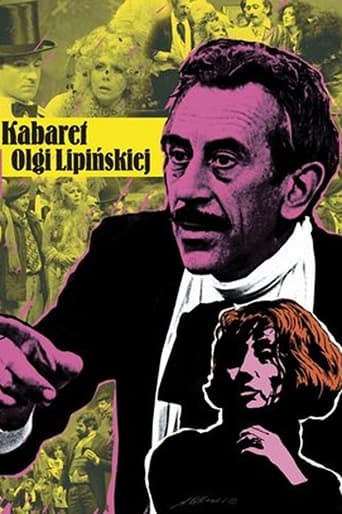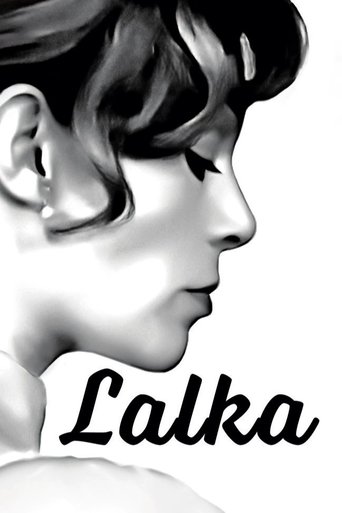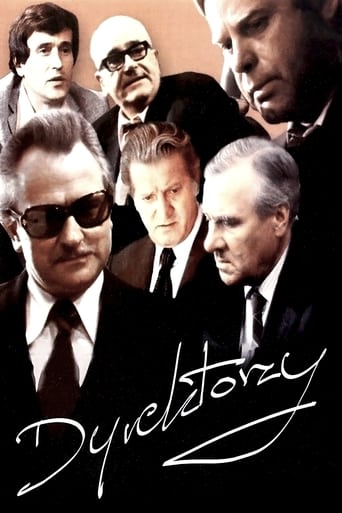TVP
Calling 07 1976
The series centres around the investigations of Police Lieutenant Sławomir Borewicz. Each episode features a different case being solved by Borewicz.
Alternatywy 4 1986
Alternatywy 4 was a Polish comedy TV series that was finished in 1983. Many famous Polish actors appeared in the series. The filming location used in Alternatywy 4 was a residential complex which is still in existence at 3 Grzegorzewska Street in Warsaw, Poland. The series was a satire to the communist rule in Poland, spoken in a way that it passed through communist censorship office.
Polskie drogi 1977
Życie na gorąco 1979
Siła wyższa 2012
Nights and Days 1978
Nights and Days is a family saga of Barbara Ostrzeńska-Niechcic, and Bogumił Niechcic, against the backdrop of the January Uprising of 1863 and World War I. The film is a rather straightforward and faithful adaptation of a novel by Maria Dąbrowska with the same title. The plot is woven around the changing fortunes of a noble (upper-class) Niechcic family in the pre-WWI Poland. There are two main crossing threads: a social history one and an existential one.
Janosik 1974
Janosik was a television series that aired in Poland in 1974. It is about a famous Polish highlander outlaw who in folk legends steals money and goods from the rich and helps out the poor. The series was directed by Jerzy Passendorfer. There are 13 1-hour episodes.
W labiryncie 1988
Komisja morderstw 2016
Egzamin z życia 2005
Uwikłani 2015
Instynkt 2011
An enigmatic commissioner joins the Warsaw Police, where her unconventional investigation methods unsettle the officers in the homicide department.
Sfora 2002
Lalka 1978
The story of Stanisław Wokulski, a wealthy merchant who falls in love with a haughty aristocrat, Izabela Łęcka.
Droga 1975
Dyrektorzy 1975
Clouds of War 1973
Polish Fanfan, the first Polish series from the "cloak and dagger" - written about the "black cloud" in the press of the 70's. Axis of the plot became a dramatic episodes of the struggle for the maintenance of the Polish Prussia. They remained in feudal depending on the Republic from 1525, when Albrecht Hohenzollern secularized religious state and filed in Krakow tribute to the Polish king.
